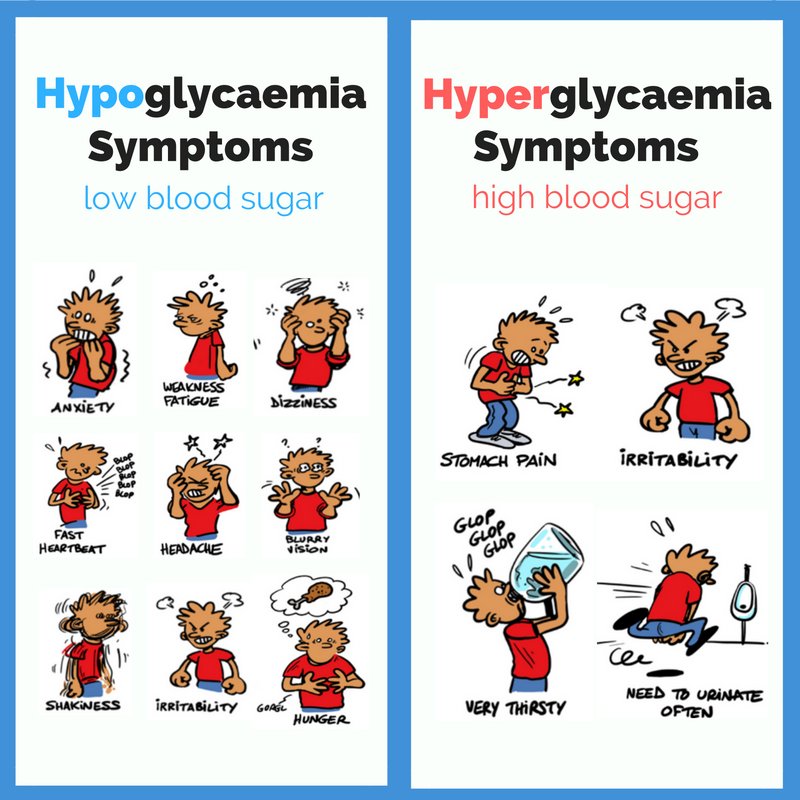Image source: http://www.isabelsbeautyblog.com/wp-content/uploads/Primary-Signs-of-Rosacea.jpg
If you have been prone to showing signs of facial redness, someone you know may have already mentioned that you could have rosacea. It is not easy to give an answer to the question 'what is rosacea?' due to the fact that symptoms will vary case to case. For this reason we write the following information that will help you understand what are the signs that should make you think you are suffering from rosacea.
Who Is Most Vulnerable?
Albeit for an unknown reason, fair skinned populations coming from Celtic or European heritage have a much higher genetic predisposition to have to suffer from rosacea. In Great Britain the condition is nicknamed the "curse of the Celts". Those most at risk are fair-skinned, blush easily, and between the ages of 30 and 50. While both sexes can be affected, women historically have suffered rosacea at a disproportionately higher rate.
More About Its Symptoms
Rosacea is a skin condition whereby the chin, nose, forehead, cheeks, or eyelids will become inflamed. It starts with the swelling of the blood vessels just under the epidermis which is the uppermost layer of the skin. This and the following types of symptoms may also be associated with other skin conditions including eye disorders, seborrhea, and acne vulgaris. The signs appear resembling prominent, spider like blood vessels that are surrounded by redness and swelling. The symptoms will usually begin with redness appearing on the central face, spreading over the cheeks, nose, or forehead. In some of the more serious cases, this redness will be present in the scalp, ears, chest and neck. Under usual circumstances and with effective skin care treatment the symptoms will wither away with no lasting implications. For extreme cases of rosacea, symptoms include a semi-permanent redness that will appear along with the face, dilation of superficial blood vessels, and red domed small bumps found at the skin surface. A burning and stinging sensation will impact the facial area while the eyes end up bloodshot and irritated. The worst case scenario involves the development of a red lobulated nose that is removed through surgery.
To permanently eliminate atopic dermatitis, hives, rosacea and other skin rashes will be a challenge. This following set of advice however will help you manage their symptoms. The National Rosacea Society has published surveys that demonstrate that heavy exercise, spicy food, emotional stress and sun exposure all have a high correlation to this skin condition. As such, it would be practical to keep a journal to record your daily dietary habits and environmental exposure to better find your specific triggers. In addition it is strongly suggested to practice good hygiene after exercising, wear sunscreen at all times when outside, and when possible reduce excess stress by using deep breathing, yoga, or other relaxation techniques. If you suffer the rosacea symptom of eyelid infections, gently cleanse the area around your eyes with diluted baby shampoo on a daily basis.
